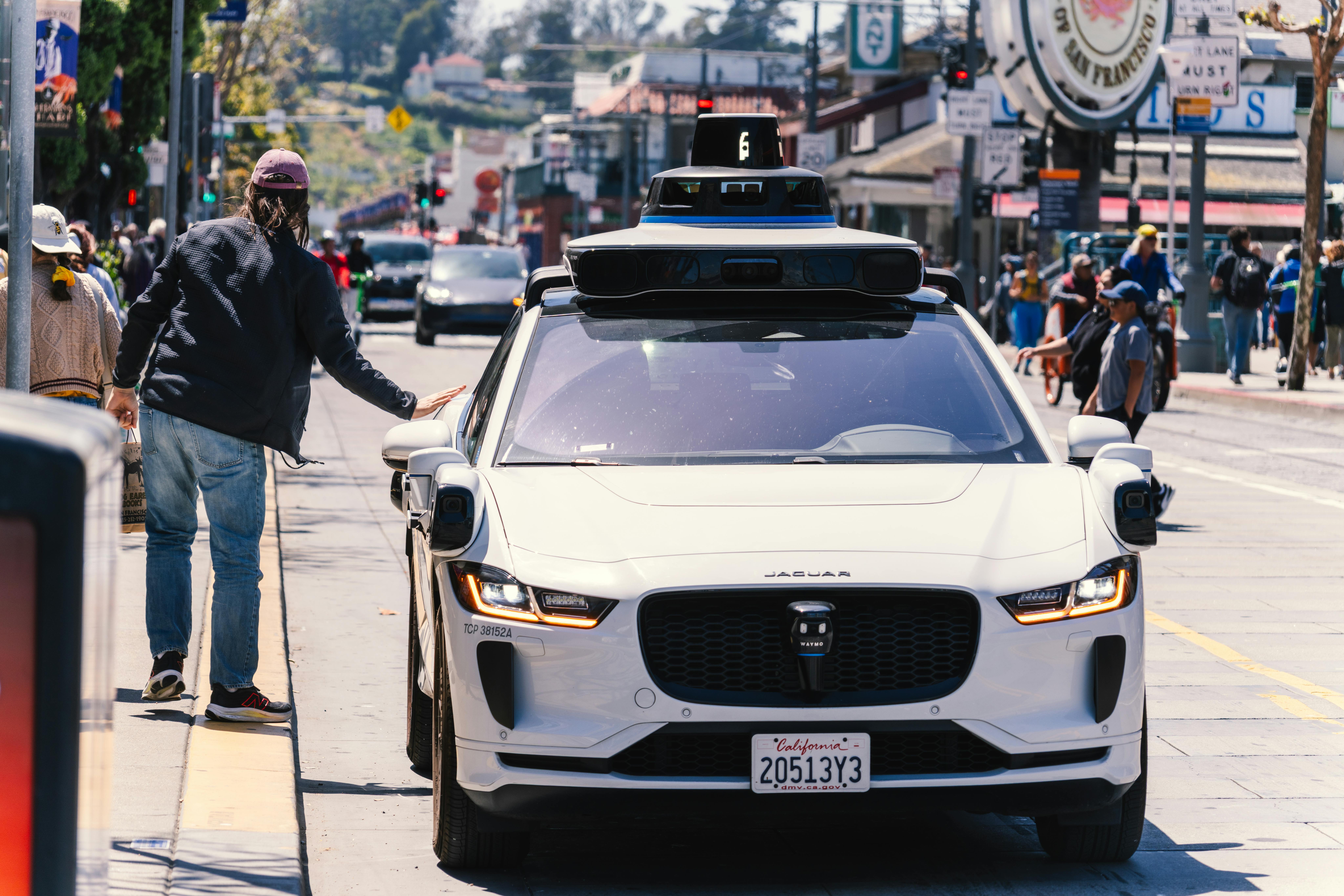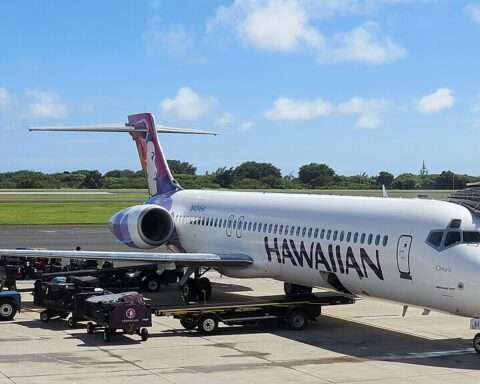An April report from the Seattle Department of Transportation (SDOT) details a year‑long effort to determine the next steps for autonomous vehicles (AV), including the implementation of robotaxis and private driverless cars.
The Autonomous Vehicle Inclusive Planning Cohort (AVIPC), made up of public stakeholders and residents from underserved communities, evaluated how emerging transportation technology could affect their lives and how it might best serve them alongside the broader population. Assembled in 2024 by SDOT and the Urbanism Next Center, the cohort was tasked with providing policymakers with guidance and priorities on ethical AV integration.
Some AVs are already being tested on Seattle streets, but only in small fleets operated by humans. Seattle has not yet authorized any fully autonomous, commercial driverless services. Meanwhile, traditional taxis and rideshares are regulated by Seattle under a medallion system that controls entry, fares, accessibility options and operations.
Concluding the cohort’s work, AVIPC is providing seven key priorities to help shape the future of driverless systems and the integration of AV infrastructure. These include:
- Accessibility and Affordability – Placing the commercial services in underserved neighborhoods and making them affordable was a primary concern. Options to include a sliding scale fee system or subsidies from the city or other government entities were discussed. In addition, making AVs more affordable for purchase was part of the conversation.
- Safety Standards and Transparency – Questions about whether this new type of transportation will be safe in areas of diverse populations arose, and there were suggestions for safety standards.
- Workforce Protection and Training – As driverless AVs enter the marketplace, taxi and rideshare drivers shared concerns of losing jobs and needing retraining for other careers.
- Intersectional Equity – The cohort suggested equity tools to eliminate biases in AV deployment.
- Environmental Benefits and Land Use – The cohort wanted to strike a balance between making AVs accessible but with reduced emissions and thoughtful land-use planning.
- Data Sharing and Accountability – Members wanted to see AV companies share data and adhere to standards.
- Education and Outreach – With an understandable apprehension associated with AVs, the cohort wants to build public awareness and trust about what AVs mean for communities.
The cohort’s recommendations will guide Seattle’s potential roll out of driverless AV services. Utilizing these priorities, SDOT is developing regulations and policies to make driverless AV transportation a safe and equitable part of the city’s future.
Photo by Abhishek Navlakha from Pexels














